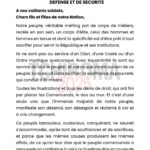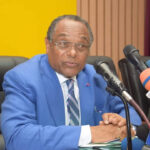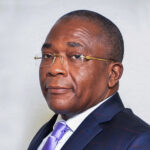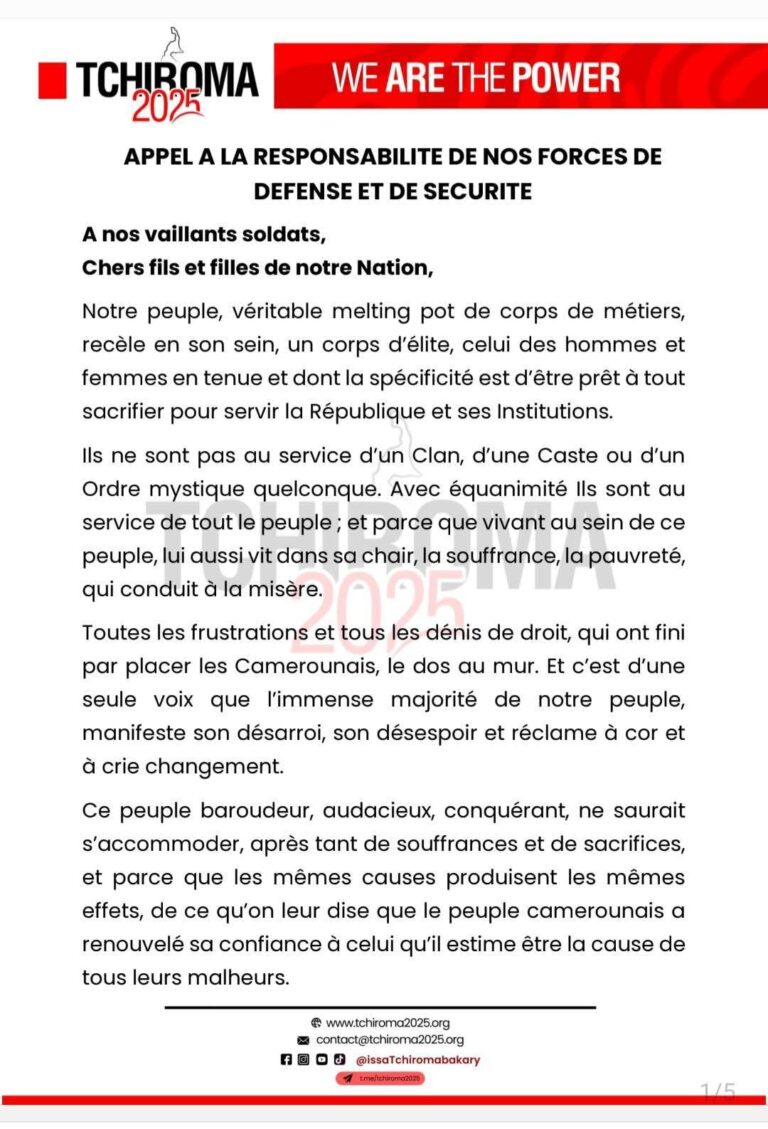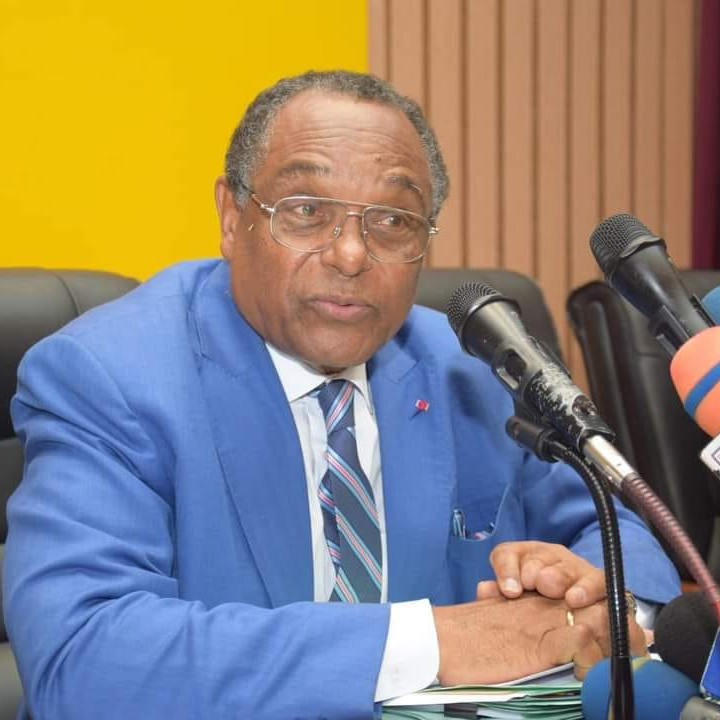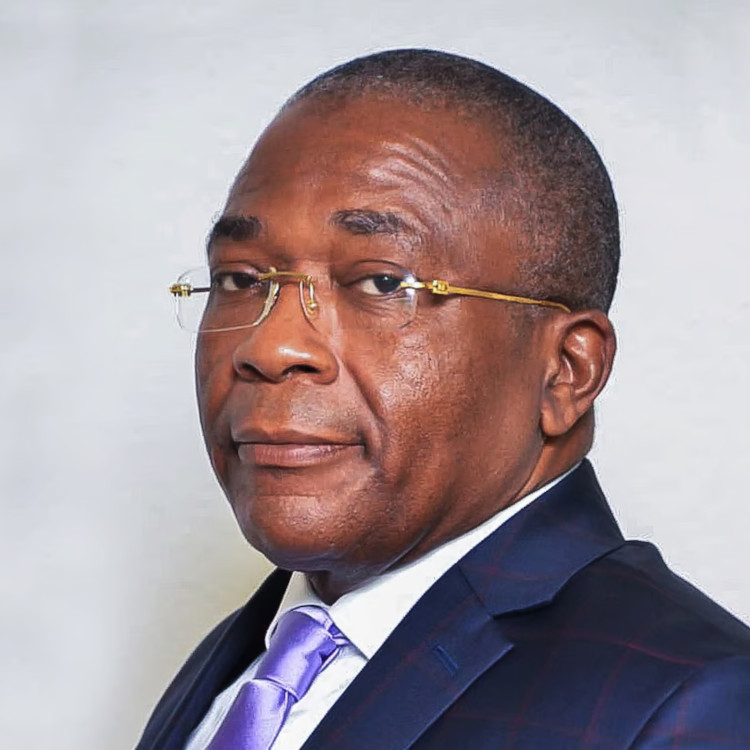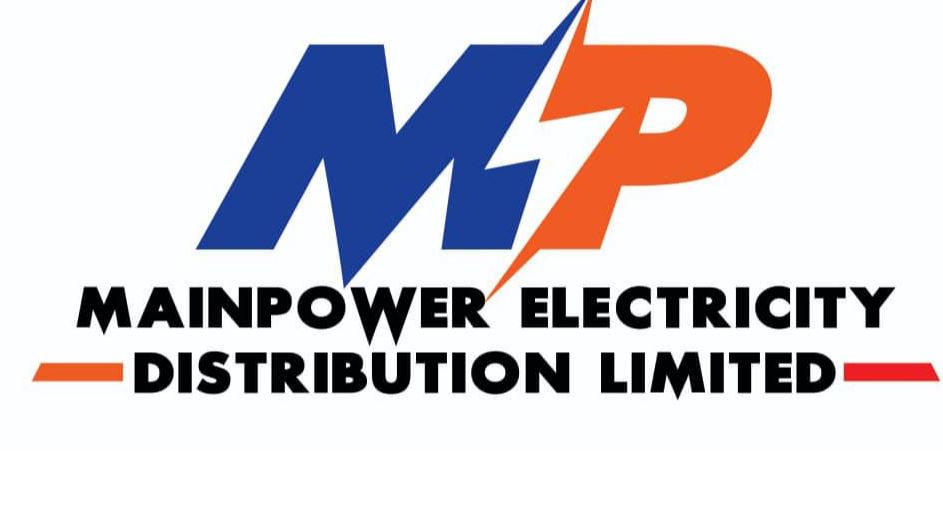

Both the Mainpower Electricity Distribution Company and the Association of Nigerian Electricity Distributors, ANED, have again opposed the July 18 tariff order issued by the Enugu Electricity Regulatory Commission (EERC).
They maintained that the order did not follow due process and was not in tune with current realities.
DAILY POST recalls that the tariff order led to the reduction of electricity cost to N160 per kwh.
The development was opposed by the Mainpower then, which said its input was not sought before the EERC arrived at the new tariff.
It necessitated the Disco to file a petition before the EERC in line with requisite provisions.
Consequent upon the petition, the EERC, on Thursday held a public hearing.
The hearing, which took place at the International Conference Centre (ICC), Enugu, brought together major stakeholders in the state’s power sector, including representatives of the Association of Nigerian Electricity Distributors (ANED), consumer advocacy groups, and regulatory officials.
EERC explains rationale for N160/kWh tariff
Speaking at the event, the Chief Executive Officer of the Enugu Electricity Regulatory Commission, Mr. Chijioke Okonkwo, outlined the historical and regulatory context that led to the current tariff structure.
He recalled that following the enactment of the Electricity Act, 2023, which empowered states to regulate electricity generation, transmission, and distribution within their territories, Enugu State moved swiftly to establish its own regulatory framework.
He said the N160 per kilowatt-hour tariff was “prudently determined” after examining various cost parameters, including customer numbers and distribution efficiency.
“However, MainPower later petitioned against the order, expressing disagreement with some of the assumptions and parameters used.
“We considered it inappropriate to amend the order unilaterally and instead opted for this public hearing in line with our business rules to ensure transparency, fairness, and public participation,” he said.
MainPower alleges flawed process
In his presentation, the Managing Director, Mainpower Electricity Distribution Limited, Dr. Ernest Mupwaya, argued that the EERC did not follow due process in issuing the July 18, 2025 tariff order.
The company maintained that the Commission ignored its own business rules by releasing a tariff order without a bilateral agreement between both parties and by “cherrypicking numbers” that did not reflect operational realities.
“An independent audit firm, KPMG, reviewed the process and confirmed that the parameters used by EERC were wrong.
“We urge the Commission to adopt the actual data presented to it, rather than assumptions, to ensure a fair and sustainable tariff framework.” Mupwaya said.
The firm claimed that the current N160/kWh tariff was inconsistent with prevailing costs in the national electricity market and was unsustainable for its operations.
ANED warns against ignoring cost realities
Also speaking, Chief Executive Officer of the Association of Nigerian Electricity Distributors (ANED), Barr. Sunday Oduntan, cautioned against setting tariffs below the actual cost of energy supplied to the state.
“In this industry, we are distributors, not generators.
“We buy electricity from those who produce it, and there is always a landing cost associated with that product,” Oduntan noted.
He explained that while the Electricity Act 2023 allows states to regulate electricity within their borders, they must still respect market realities when sourcing power from the national grid.
“Until Enugu begins generating its own electricity, for instance, from coal, it cannot fix arbitrary prices for a product that comes from outside its borders. The cost must reflect the true landing cost, which the NERC currently calculates at about N209 per kilowatt-hour for Band A customers,” he said.
Oduntan warned that setting tariffs below cost could reintroduce the burden of subsidies, saying, “If the cost price is higher than the regulated price, we must ask who pays the shortfall.”
“Are we going back to the era of subsidy?” He queried.
On the way forward, the EERC said the submissions made at the public hearing would be thoroughly reviewed before any final decision is taken on the petition.
Mr. Okonkwo reaffirmed the Commission’s commitment to balancing the interests of both operators and consumers through fair, transparent, and evidence-based regulation.
“Our goal is to ensure that operators receive fair value for their services while consumers get commensurate value for every naira they pay.
“Whatever decisions we make will be guided by fairness, transparency, and sustainability,” he assured.

